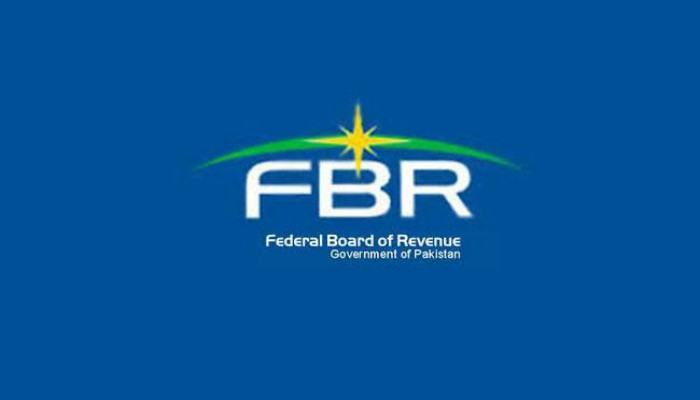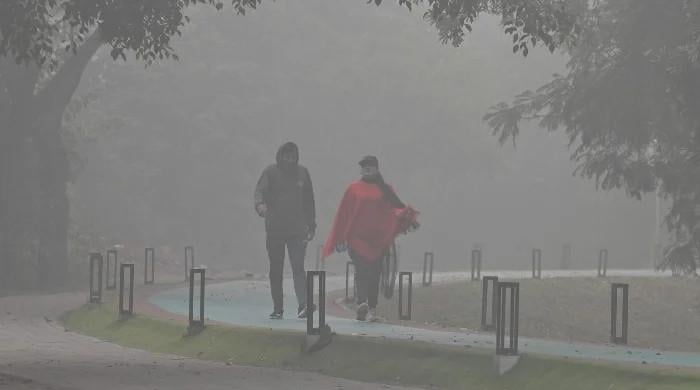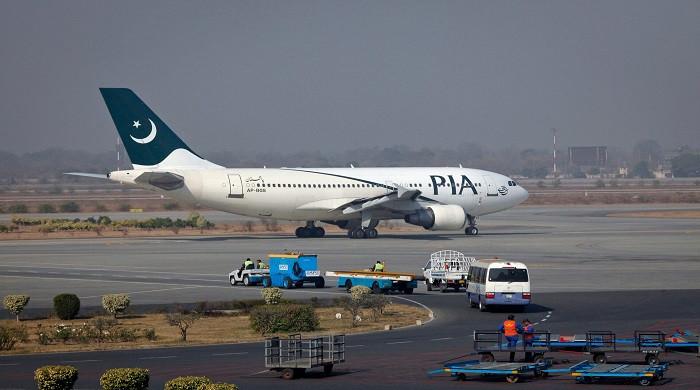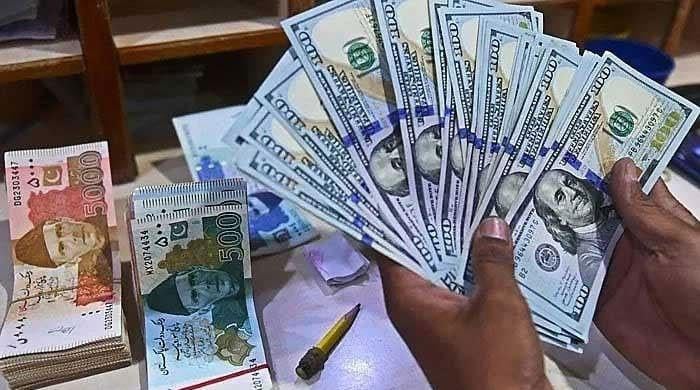FBR examines impact of import tax incentives on exports
The government granted massive concessions and tax exemptions on textile machinery and raw material imports, but preliminary studies revealed that such facilities didn’t reflect in local...
November 08, 2017

KARACHI: The Federal Board of Revenue (FBR) is scrutinising tax exemptions granted on textile machinery import and their subsequent impact on exports and industrial expansion to spot any misuse of facility, sources said on Tuesday.
The sources said the government granted massive concessions and tax exemptions on textile machinery and raw material imports for the past several years, but preliminary studies revealed that such facilities didn’t reflect in local manufacturing or exports.
The data released by Pakistan Bureau of Statistics showed that machinery import grew 20.6 percent to $556.83 million in the fiscal 2016/17. However, textile exports remained stagnant year-on-year at $12.45 billion in the last fiscal year.
The exemptions and concessions granted to textile sector for balancing, modernisation and replacement and under statutory regulatory authority 1125(I)/2011 amounted to Rs50.5 billion in 2016/17 as against Rs45 billion in the fiscal 2015/16, the Economic Survey of Pakistan document said.
Interestingly, the FBR allowed Rs55.5 billion exemptions and concession in the fiscal 2014/15 when imports of textile machinery fell 25.06 percent to $449.3 million.
Sources said FBR is compiling machinery import data of the past five years. They said tax offices detected few cases in which registered taxpayers imported machinery but they didn’t install it at manufacturing facility and despite that they claimed benefits. “There are chances of machinery imports on mere invoices and no physical transactions have been done,” a FBR official said on condition of anonymity.
The official said FBR team also observed that imports of finished textile products substantially increased despite tax incentives.
Imports of worn cloth and other textile products increased 10 percent to $1.42 billion in 2016/17. Industry officials said high production and exports depend on cost of doing business, and since cost is high, production is low.
All Pakistan Textile Mills Association (Aptma), in a letter to the government, said high cost of gas and electricity is making Pakistan’s exports uncompetitive in the global market.
Aptma said gas and electricity tariffs are around 30 percent higher in Pakistan than regional competitors, like Bangladesh, India and Vietnam.
The association advised the government to take immediate steps to expeditiously settle payment of outstanding sales tax and other refunds to address the liquidity issue and check large-scale influx of imported yarn and fabrics in the country to save the domestic industry.
The textile body said the country has already entered in an era of de-industrialisation as industries are closing. “In 2005, the share of manufacturing sector in GDP was 19 percent, which has now fallen to 13 percent.”
Aptma said around 140 textile mills shut down their operation and resultantly one million workers have lost their jobs. Another 75 to 80 mills are on the verge of closure, which would add to the unemployment by another 0.5 million in the textile industry, it added.
Originally published in The News











